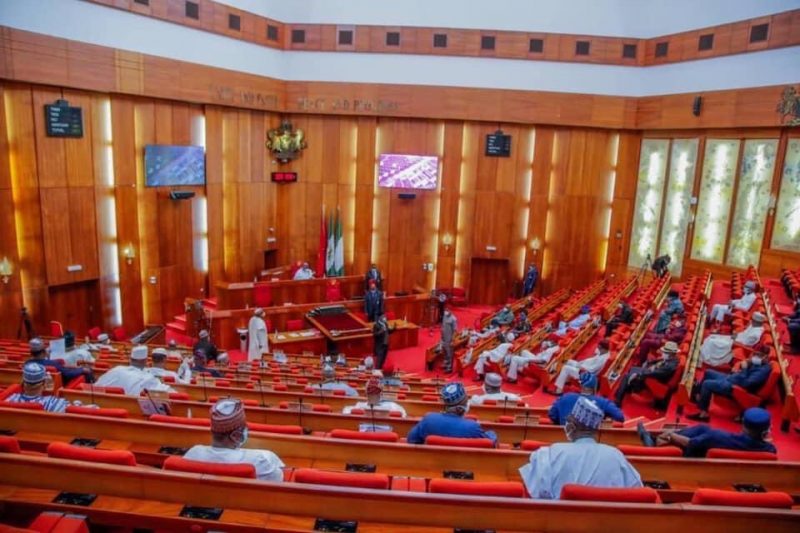The National Assembly has backtracked on the Direct primaries by amending the Electoral Act Amendment Bill earlier passed by the house last year.
The bill empowers the political parties to adopt direct, indirect and consensus methods of electing aspirants to all elective positions.
This followed the reintroduction of the bill in both the Senate and House of Representatives by Senator Yahaya Abdullahi and Rep Abubakar Hassan Fulata respectively during plenary on Wednesday.
Read also:
- National Assembly okays Electoral amendment Act, electronic transmission of results
- National Assembly’s Resumption Date Shifted To Feb 9
- National Assembly Shelves Reconvening, Gives Reasons
President Muhammadu Buhari had declined assent to the draft law passed last year over the provision of direct primaries as the sole mode of conducting political parties’ primaries.
The President had said he would assent the electoral act bill if the lawmakers provided options for the conduct of political parties’ primaries.
Noting that the President withheld assent to the bill based on his observation, Yahaya said there is need to address the observation by President Buhari and make necessary amendments in accordance with Order 87(C) of the Senate Standing Orders, 2022 (as amended); and also relying on orders 1(b) and 52(6) of the same Orders. This Order allows the Senate to reconsider the substantive motion for rescission.
The lawmakers subsequently adopted Clause 84 of the bill, which reads “A political party seeking to nominate candidates for elections under this Act shall hold direct or indirect primaries for aspirants to all elective positions, which may be monitored by the Commission (INEC).”
There was no reaction or contribution from any lawmaker as the senators unanimously adopted the recommendations.
The amended Clause in the bill will be harmonised with the House of Representatives and afterwards, transmitted to the president for assent.
The Senate, in a motion for re-committal by the Leader, Yahaya Abdullahi (APC, Kebbi) amended the bill to provide for direct, indirect and consensus methods of electing aspirants to all elective positions.

